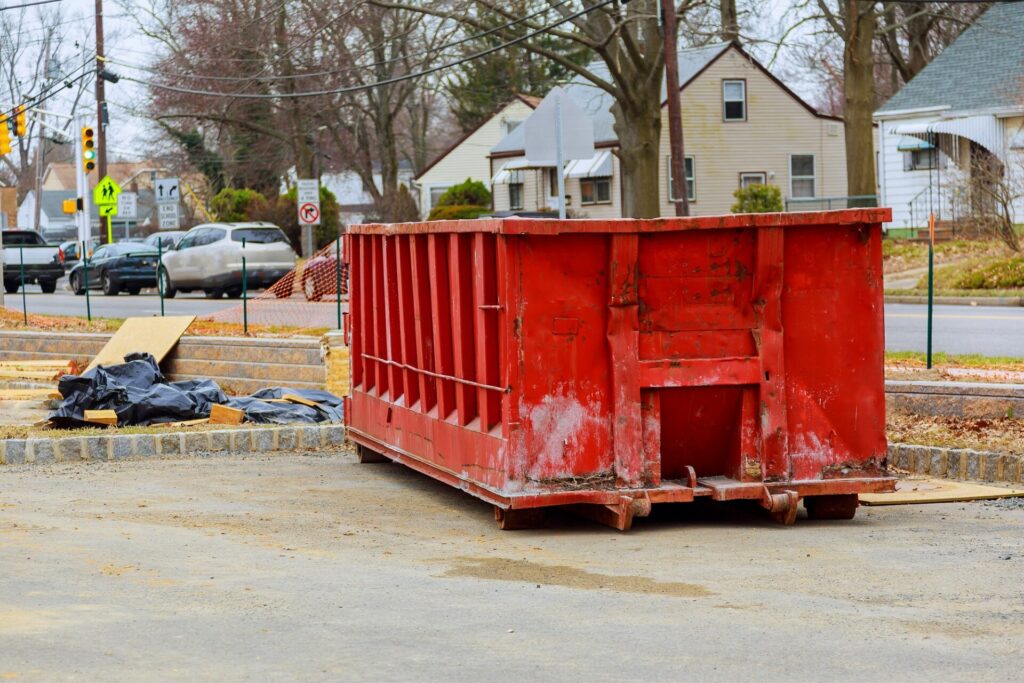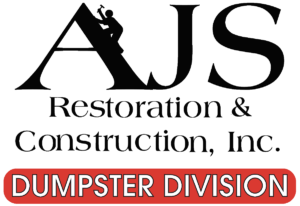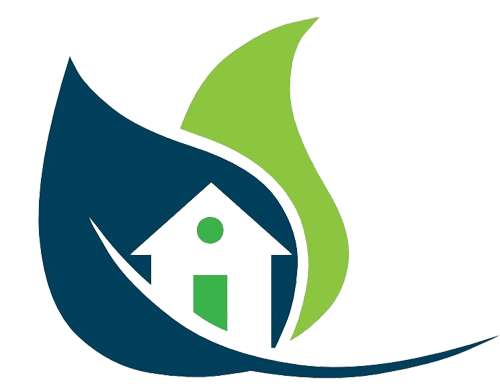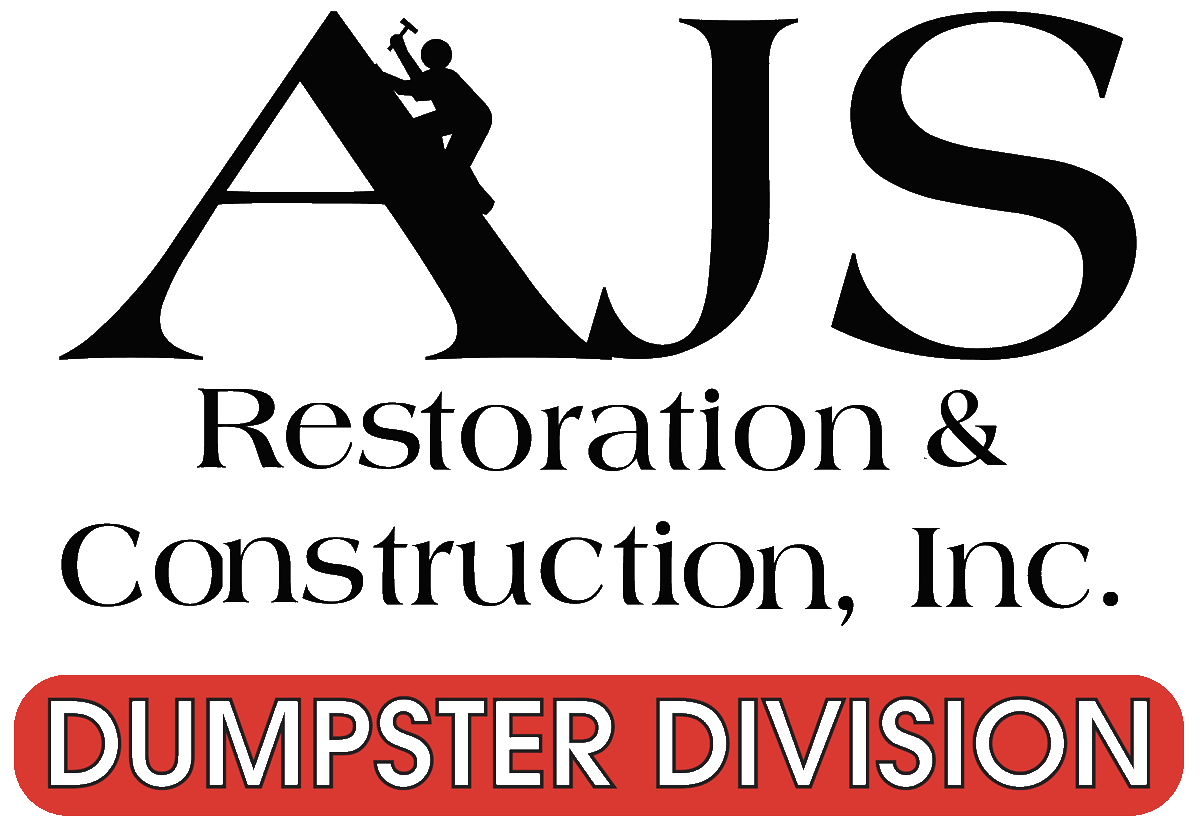FAQ
You can put almost anything in a dumpster, but there are some items that you cannot throw in a dumpster due to local regulations and safety hazards. If you’re not sure what items you can put in the dumpster, check the list below or give us a call at (413) 436-9878 to see what is accepted in your area.
Please take the time to review our Terms & Conditions & Privacy Policy.

Acceptable Items
Household junk and debris from construction or home improvement projects are usually allowed in a dumpster. This includes drywall, lumber, flooring, cabinetry and siding, as well as most household items from removing clutter from your home or office.
Click on Each Item for more information.
If you are considering a residential dumpster for your home clean-out, Please remember that only certain appliances and electronics can be put in a dumpster. It’s best to call ahead before throwing these items into the dumpster. Household items include clothing, pots and pans, toys, knickknacks and more.
Depending on local regulations, throwing appliances and electronics into a dumpster may carry a fee per item.
Wooden Furniture includes tables, chairs, bookcases. They are ALMOST always accepted, but contact us to ask about upholstered furniture like sofas and recliners. They are not allowed in dumpsters in all locations.
Please understand that throwing away furniture may carry an additional fee in some areas due to local regulations.
Most debris from demolition, new builds and home improvement projects can almost always be thrown away in a dumpster. This can include bricks, flooring, broken bathroom fixtures, drywall, wall and floor tiles, old counter tops and more.
In most cases you can put untreated lumber and other wood from construction projects into a dumpster. This includes 2X4’s and studs. Treated lumber like railroad ties are almost never allowed in your dumpster
Debris from storms can be put in our dumpsters. This typically includes non-hazardous and uncontaminated materials. We usually accept damaged building materials and yard waste (tree limbs/branches) provided they fall into the restrictions of your local area.
Shingles can be thrown into the dumpster in almost all service areas. Renting a dumpster is a way to get rid of roofing debris including underlayment, plywood, tiles and any other construction waste you may have from your project.
Full or partially aerosol cans have the potential to explode. Only empty aerosol cans should be put into the dumpster. If there is any liquid left in the can, it SHOULD NOT be put in a dumpster.
Unacceptable Items
The rules may vary from area to area on some materials, but there are some items you can’t throw in a dumpster anywhere. This includes refrigerators, tiers, hazardous chemicals, car batteries, railroad ties and other materials that are toxic and pose a safety hazard or could cause damage to the dumpster.
Click on Each Item for more information.
Refrigerators usually cannot be placed in a dumpster because the refrigerant they contain is toxic.
You can dispose of a refrigerator through your local sanitation department’s pick-up program for these types of items. In some areas, you might be able to throw away your refrigerator using a dumpster if you have it properly drained by a HVAC professional.
If you are throwing out only one refrigerator it may be easier to call an appliance retailed to handle it. Some retailers will haul away your old refrigerator if you buy a new one.
Paints and lacquers are not allowed because they can contain lead or mercury, especially those that were made prior to the 1990’s.
Included in paints and lacquers is paint thinner or wood stains.
In most cases you can dispose of latex paint that has dried as long as you wrap it in a plastic bag. Empty paint cans are accepted.
Most railroad ties are treated with harmful wood preservatives. They aren’t allowed in our dumpsters. Most landfills will accept whole railroad ties, but we cannot take them in our dumpsters.
It’s common to see these ties in garden borders or as retaining walls. The ties are treated with creosote and chromated copper arsenate . These chemicals are potentially harmful to humans and plants. Make sure you understand the risks of using creosote railroad ties in your landscaping.
Hot water tanks are usually not allowed in dumpster rentals because their void space can collect gases inside landfills. These gases are harmful. If you need to dispose of a hot water tank or heater, contact your local waste management or recycling facility or town department to determine how to dispose of it.
Industrial drums contain potentially dangerous by-products of many different industrial processes. These drums should be disposed of by haulers who are licensed for hazardous waste disposal.
Contaminated soil is caused whenever human-made chemicals or hazardous materials are present in a natural soil environment. This may be caused by industrial activity, chemical spills, exploration of oil, removal of underground tanks or improper disposal of waste.
Contaminated absorbents includes oily rags, shop towels and reusable absorbents such as paper towels which were used to clean up hazardous wastes. It includes any absorbent material that has been contaminated with hazardous solvents and waste.
Tires cannot be thrown in a dumpster since they damage landfill structures. Whole tires can float to the top of the landfill as methane gas builds up inside the tire wall. Most auto parts stores or municipal waste departments will accept old tires to recycle them. Check your local recycling database to find a tire recycler in your area.
Adhesives should not be put in a dumpster since they can bind other materials to the interior of the dumpster. This includes glue or epoxy.
You can throw these items into your normal household trash or recycling.
Chemical cleaners or solvents cannot be thrown in a dumpster. Empty containers are acceptable to dispose of in the dumpster as long as they don’t contain any residual chemicals.
Asbestos is a fibrous mineral that can be woven into fabrics and is used in fire-resistant and insulating materials. It found in older homes and in various building construction materials. It is in everything from insulation to car brakes and hair dryers.
It is considered a carcinogen in most U.S. states which resulted in landfill bans. If you know your home or commercial building contains asbestos, you should contact a licensed contractor to ensure safe removal and disposal.
Medical waste is made up of materials used in medicine or that have come into contact with bodily fluids. This waste includes used medical supplies, including needles and bandages and should be handled by waste haulers who are licensed for medical waste disposal.
Ink used in printers, pens and resins can damage equipment and stain the inside of the dumpsters. The ink is best disposed of through recycling centers or at retailers with drop-off locations.
Car batteries and lithium batteries cannot be put in a dumpster. They can leak harmful chemicals that are harmful to the environment. You can take old car batteries to your local auto shop that may recycle them. Lithium batteries like those in laptops or power tools can be recycled at most big-box electronic stores or major hardware stores.
General purpose alkaline batteries such as AA’s, triple As etc. can go in a dumpster.
Any hazardous material and liquids cannot be put in a dumpster. Some examples of hazardous waste include asbestos, pesticides, contaminated soil or absorbents, motor oil, other automobile fluids and medical waste. Always make sure to follow proper procedures in your area and find a hazardous waste collection center near you to handle the disposal responsibly.
Disposal of propane tanks, fuels, oils and other flammable materials in a dumpster is a serious safety hazard. These materials are highly flammable and disposing of them improperly is illegal in most areas. You need to contact your local fire department, propane company or a hazardous material collection center for further disposal information.
Why Landlord's Choose Roll-Off Dumpsters...
If you’re a landlord with one or more properties or even an apartment complex, you have probably experienced a tenant who disappears leaving their property behind. Dealing with the mess the left behind is a headache. One of the first things you should do when you discover you have a lot of junk to dispose of, is to call a roll off dumpster company to schedule delivery of a dumpster. Here are some reasons why.
Roll-Off Dumpsters are Cheaper
You may think that you have free curbside pickup for trash, but when there are large items or more than what fits in the trash bins, your garbage company won’t take everything. That leaves you with three options:
- You can schedule a company to come and take it away, which typically includes not only disposal fees but also removal or loading of the trash.
- Multiple trips to the dump can be time-consuming and expensive if you don’t have a large enough vehicle to handle everything in one load.
- Roll-off dumpster rentals can be scheduled for drop-off and removal on your schedule for a flat fee.
They’re More Convenient
If you’re a landlord, you probably have other things to do like a full-time job. Waiting around while a junk removal company cleans things out has to be done on their schedule, not yours.
When a roll-off dumpster is left on the property, it’s there for you before work, after work, and on the weekends when you’re available to clean things out. Plus, when you’re done, you just call the company and schedule a pick up. You don’t even need to be there during the pick-up.
Easier Accounting
Whether you find the person who caused the clean-out or not, having one invoice for the roll-off dumpster is easier than multiple receipts for gas, mileage and disposal at the dump.
It’s also easier than hiring another company and paying their invoice plus computing your time into the excess cost of the previous tenant. When you can’t recover the costs, it’s easier for your accountant to handle the one receipt. Plus, it’s far easier to justify all of the expense than the other methods if you ever need to.
If you’re a landlord and need a roll-off dumpster for property clean-out, we can help. Call AJS Dumpster Division and we’ll have the right dumpster size delivered to your property, on your schedule. We will provide you with the receipt you need for accounting purposes. Call us today at (413) 436-9878 to inquire about rates or schedule a delivery today.



